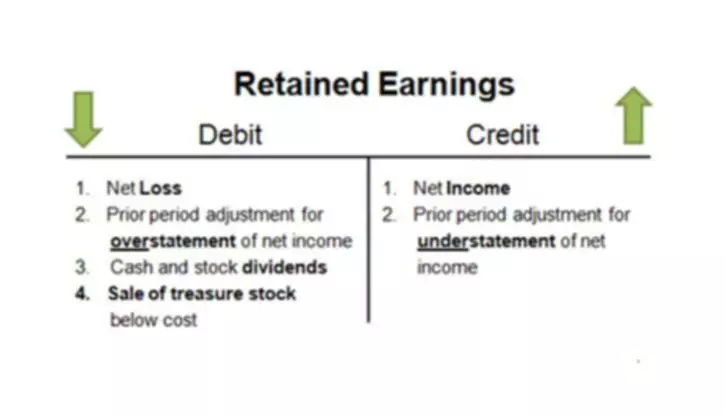Content

In accounting, unearned revenue is the revenue received by a company before the actual delivery of goods or services. Explore the definitions of the unearned revenue received and the unearned revenue earned, their examples, and their journal entries. Each month, a portion of the unearned revenue remaining in the account will be recognized as revenue as the goods and services are provided. If you’re using accounting software, you can create a recurring journal entry for each month, eliminating the need to create a separate entry each month. Unearned revenue is a liability that gets created on the balance sheet when your company receives payment in advance. You can think of it like a promise or IOU to provide a product or service at a later date. Despite the name, unearned revenue isn’t a type of revenue that shows up on your income statement.

James enjoys surprises, so he decides to order a six-month subscription service to a popular mystery box company from which he will receive a themed box each month full of surprise items. James pays Beeker’s Mystery Boxes $40 per box for a six-month subscription totalling $240. No, unearned revenue is not an asset but a liability, and you record it as such on a company’s balance sheet.
Unearned Revenue Journal Entry Accounting (Debit, Credit)
Read on to learn about unearned revenue, handling these transactions in business accounting, and how ProfitWell Recognized from ProfitWell help simplify the process. On January 1st, to recognize the increase in your cash position, you debit your cash account $300 while crediting your unearned revenue account to show that you owe your client the services. In summary, unearned revenue is received before the company provides the goods or service and is treated as a liability until it is earned by delivering or providing the good or service. Adjusting entries are used to recognize the revenue, in essence move it to a revenue account, when the money is earned by providing the goods or service.
Because there is a possibility that the services may not be performed they present a risk to the company. While it’s assumed that money will one day be recognized, it can’t be guaranteed until the work is performed. Therefore, it belongs as a liability until the risk of repayment is gone. As each month of the annual subscription goes by, the monthly portion of this total can be deducted and recorded as revenue.
What is the difference between deferred revenue, unearned revenue, and accrued revenue?
As a result, https://www.bookstime.com/ is a liability for any company that has already received payment without delivering the product. If the company failed to deliver, it would still owe that money to the customer so it cannot be recorded as revenue just yet. After delivery, the payment switches from liability to revenue. Some examples of unearned revenue include advance rent payments, annual subscriptions for a software license, and prepaid insurance. The recognition of deferred revenue is quite common for insurance companies and software as a service companies.
- GoCardless is authorised by the Financial Conduct Authority under the Payment Services Regulations 2017, registration number , for the provision of payment services.
- For example, XYZ Company sells insurance, and their customers routinely pre-pay for 12 months of insurance at a time.
- Any business that accrues unearned revenue should record it accordingly.
- Creating and adjusting journal entries for unearned revenue will be easier if your business uses the accrual accounting method, of which the revenue recognition principle is a cornerstone.
- The first journal entry reflects that the business has received the cash it has earned on credit.
- Unearned revenue is treated as a liability on the balance sheet because the transaction is incomplete.
- The term is used in accrual accounting, in which revenue is recognized only when the payment has been received by a company AND the products or services have not yet been delivered to the customer.
This section will show you some of the journal entries involved with unearned revenue. Unearned Revenuemeans a liability representing amounts billed in advance of providing services or delivering goods, including any prebilled monthly rental revenue on any Equipment Contract. Companies using the accrual method can make use of unearned revenue to help align income with costs and potentially defer income taxes until later periods when revenue has been earned. Only revenue that’s been earned or recognized shows up on the income statement.
Unearned Revenue Earned
That’s why it’s a liability — until you’ve done the work, the money isn’t truly yours yet. For example, getting paid upfront what is unearned revenue means you don’t need to chase up customers for overdue invoices or wonder when you’re going to receive the money.
- A wide range of different industries make use of deferred or unearned revenue.
- That’s because accrued revenue only exists when money has been earned, but not yet invoiced.
- By collecting these advanced payments, your business will find it easier to keep a positive cash flow and stay afloat during hard times.
- Daniel is an expert in corporate finance and equity investing as well as podcast and video production.
